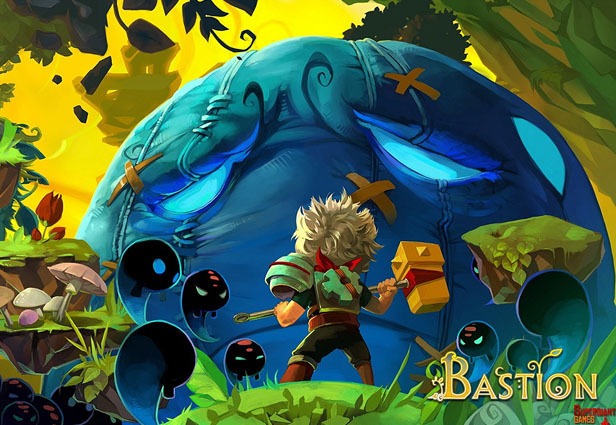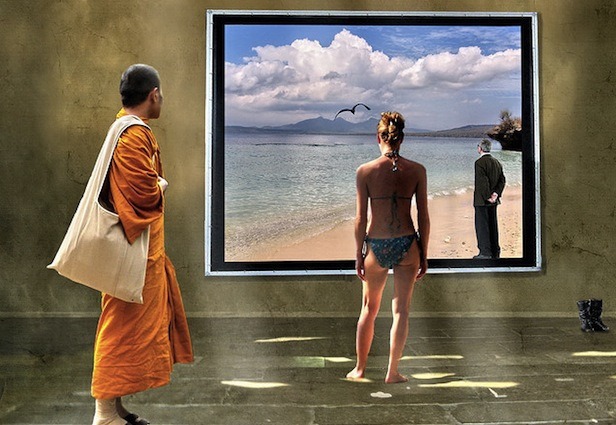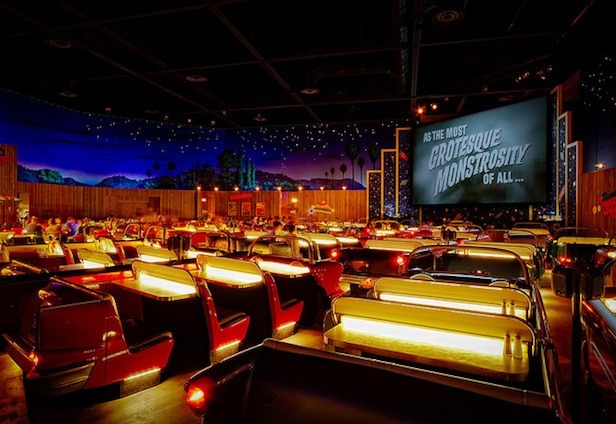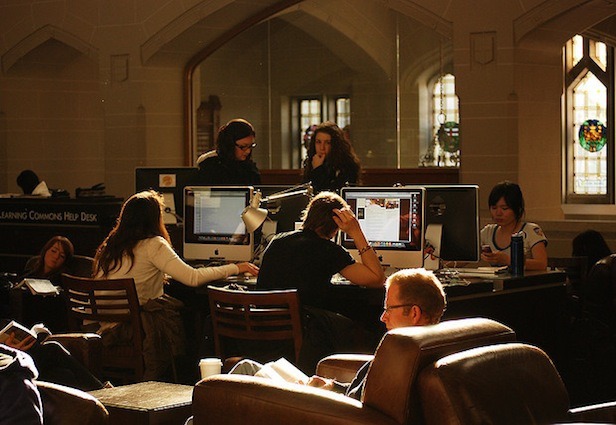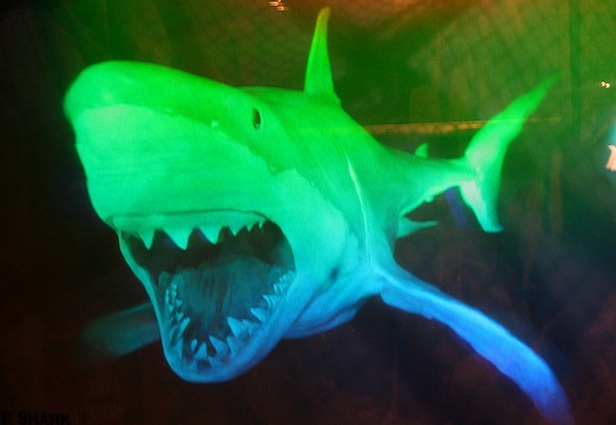10 College Courses That Didn't Exist 20 Years Ago
Turns out, all those hours you spent in high school playing Halo 3 just might pay off — now that you can major in Video Games. Twenty years ago, no one would have dreamed of a career in the gaming arts, not to mention a B.A. in data journalism or a credited course in holograms. Check out this list of 10 college courses, courtesy Mashable.com, that didn't exist 20 years ago. Would you get an A+?
1. Level Design & Development for Video Games — University of Southern California
The University of Southern California's School of Cinematic Arts instructs students in theory, art and practice behind film, television and new media. Its video game design and management minor requires seven courses (24 units) for completion, and instructs students in level design, game-play control, user interface, multiplayer, game mechanics and storytelling. Its sister curriculum, the video game programming minor, teaches students to write code and program game engines.
Image via mshcdn.com2. The Beauty and Joy of Computing — University of California, Berkeley
The computer science and engineering course description reads like a great, big programming hug: "The history, social implications, great principles and future of computing. Beautiful applications that have changed the world. How computing empowers discovery and progress in other fields. Relevance of computing to the student and society will be emphasized. Students will learn the joy of programming a computer using a friendly, graphical language, and will complete a substantial team programming project related to their interests." Image courtesy of Flickr, Tabbymom Jen
Image via mshcdn.com3. Technology and Imagination — Massachusetts Institute of Technology
A course in MIT's science, technology and society concentration explores the relationship between tech innovation and creative faculty. By studying historical developments in technology and the minds behind the ideas, students can infer how "technology simulates imagination" and vice versa. The course "draws upon the history of technology and science, literary and cultural theory, and imaginative writing. Readings range from Romantic poets to recent novels. Topics include scientific instrumentation, utopianism and space travel." Basically, it's a fun way for geeks to fulfill their English requirements. Image courtesy of Flickr, h.koppdelaney
Image via mshcdn.com4. Science Facts & Science Fictions — Harvard University
This course, in Harvard University's Department of the History of Science, studies science through the lens of science fiction. In it, students read sci-fi novels and watch sci-fi films and discuss the relationship between artistic representations and technological advancement. Image courtesy of Flickr, Brett Kiger
Image via mshcdn.com5. Technology Entrepreneurship — Carnegie Mellon University
Many of the world's most recent and most successful ventures have stemmed from technology-centric concepts. Designed to "sharpen the students' skills in identifying technology-based business opportunities," this course teaches students how to approach entrepreneurship from a technologist's perspective. Image courtesy of Flickr, carriestroud
Image via mshcdn.com6. Data Journalism and Investigative Reporting — New York University
With the expansion in web-based research, a new career path has emerged: data journalist. In this course, students will learn how to find and collect massive reserves of valuable data and then to craft stories from it. Image courtesy of Flickr, UCB Library
Image via mshcdn.com7. Social Media & Virtual Communities — Emory Univerisity Goizueta Business School
These days, we wouldn't recommend starting a business without a solid social media marketing strategy. This course prepares students by teaching them how to integrate social media into a business context and tap communities in the most interactive way possible. Image courtesy of Flickr, Marc Wathieu
Image via mshcdn.com8. Media & Social Psychology — Fielding Graduate University
The course invites students to study social psychology in terms of mass media, and more specifically, as it relates to social influence. A big part of how we're influenced today happens through social media. "We will explore processes of self concept formation, the formation of judgments, explanations and expectations, along with an exploration of attitudes and behavior, and social identity embedded within the context of mass media influence and new media interactions … Other topics discussed include: video games, violence-aggression, prejudice and the social psychology of social networks." Image courtesy of Flickr, Mark Auer
Image via mshcdn.com9. Audio for the Web — New York University
Exactly what it sounds like, this course instructs how to produce, compress and deliver high-quality sound targeted to web-specific formats. Image courtesy of Flickr, Î’ethan
Image via mshcdn.com10. Making Digital Holograms — University of New South Wales
If Tupac's post-mortem performance blew your mind, then this course is for you. Learn how to create and render holograms in 3D, using lighting and texture techniques necessary to produce an aesthetic work of holographic art. Image courtesy of Flickr, Andy Field (Hubmedia)
Image via mshcdn.com